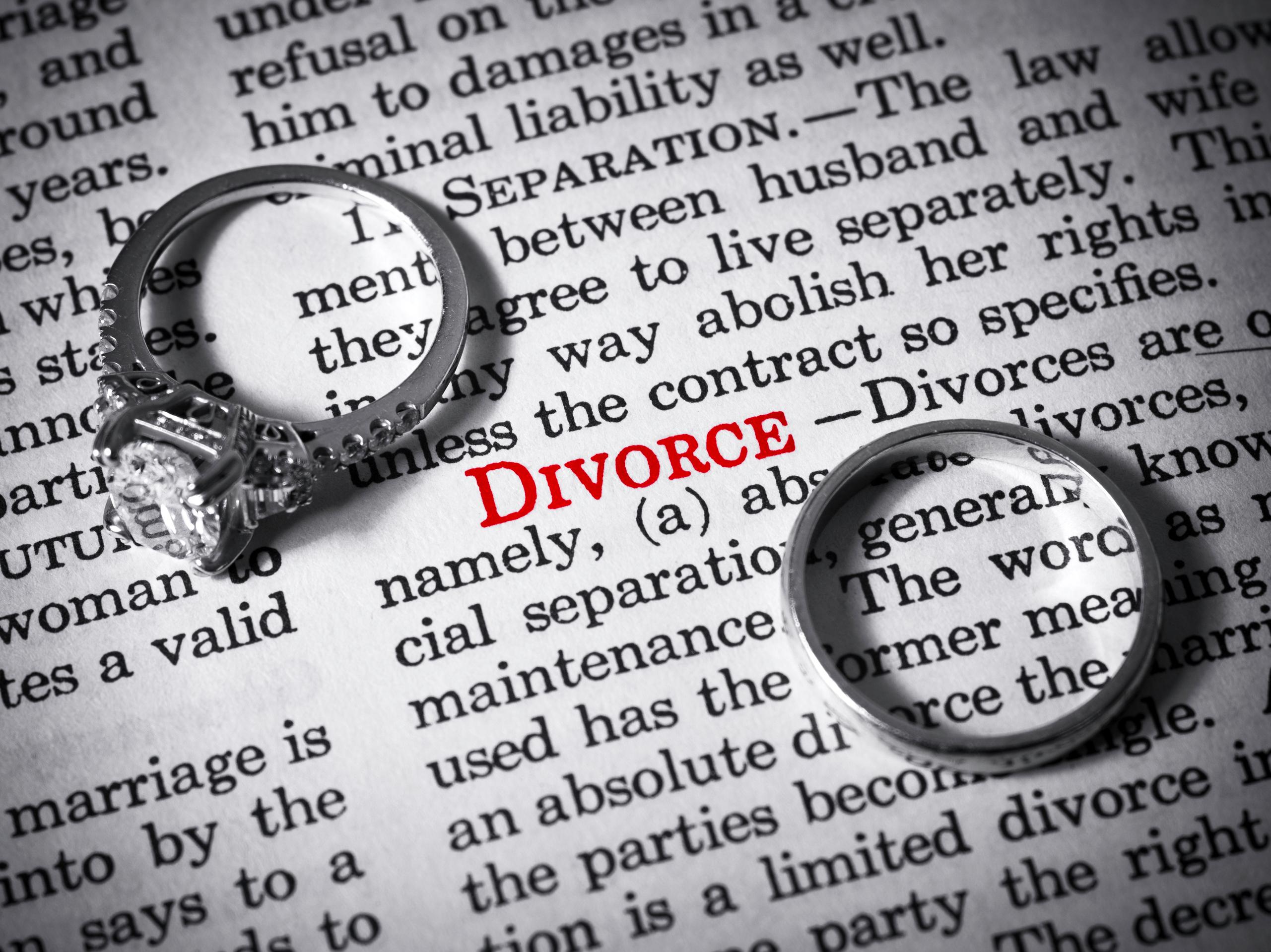
Today, many couples make the decision to get divorced. While you and your spouse may be in agreement about the choice to get divorced, there are many other aspects to consider. You may need to make decisions about assets, child care, child support, and more. To best prepare for the road ahead, it is important to know about the process you will go through. Read on for a brief overview of the divorce process in New Jersey.
New Jersey’s State Requirements
Before filing for divorce, it is important to make sure you meet the state requirements. In New Jersey, you or your spouse must be a New Jersey resident at least one year before filing. Notably, this requirement does not apply to those filing on the grounds of adultery.
New Jersey’s State Grounds
New Jersey is a no-fault state. This means a couple may file for divorce on the grounds of irreconcilable differences, or if they have been separated for 18 or more months. There are also legal fault grounds on which you can file. New Jersey’s fault grounds include:
- Desertion
- Extreme cruelty
- Deviant sexual conduct
- Addiction
- Adultery
- Institutionalization for mental illness
Case Management Conference
At a Case Management Conference, a judge will examine all of your divorce-related matters. Some of these matters may include:
- Contested matters of the divorce
- Pre-trial discovery process
- An Early Settlement Panel date
- Selection of expert witnesses
- Assessing whether there is a custody dispute
The next step after the Case Management Conference may be an Early Settlement Panel.
Early Settlement Panel
At an Early Settlement Panel, you will be advised by several knowledgeable attorneys on any outstanding matters of your divorce. You can choose to follow this advice, but you and your spouse have other options as well. If you still have outstanding matters upon which you do not agree, you may need to turn to mediation or litigation in order to resolve these issues. Mediation involves bringing in a neutral third party to help you and your spouse navigate the divorce. If you choose litigation, a judge will make decisions regarding your divorce. You or your spouse may appeal the judge’s decisions.
Finalization of Divorce
Your divorce cannot be finalized until all outstanding matters have been resolved. Once a resolution has been reached, the court must execute the Final Judgment of Divorce, completing the process.
Contact our Firm
We understand that those getting a divorce most likely have several questions regarding the weeks and months to come. Paris P. Eliades Law Firm, LLC is honored to serve the people of New Jersey, including Sparta, Sussex County, Morris County, Passaic County, and Bergen County with the quality legal services they deserve. If you are getting a divorce or have any other questions regarding divorce-related matters, please do not hesitate to contact our firm for a consultation today.
